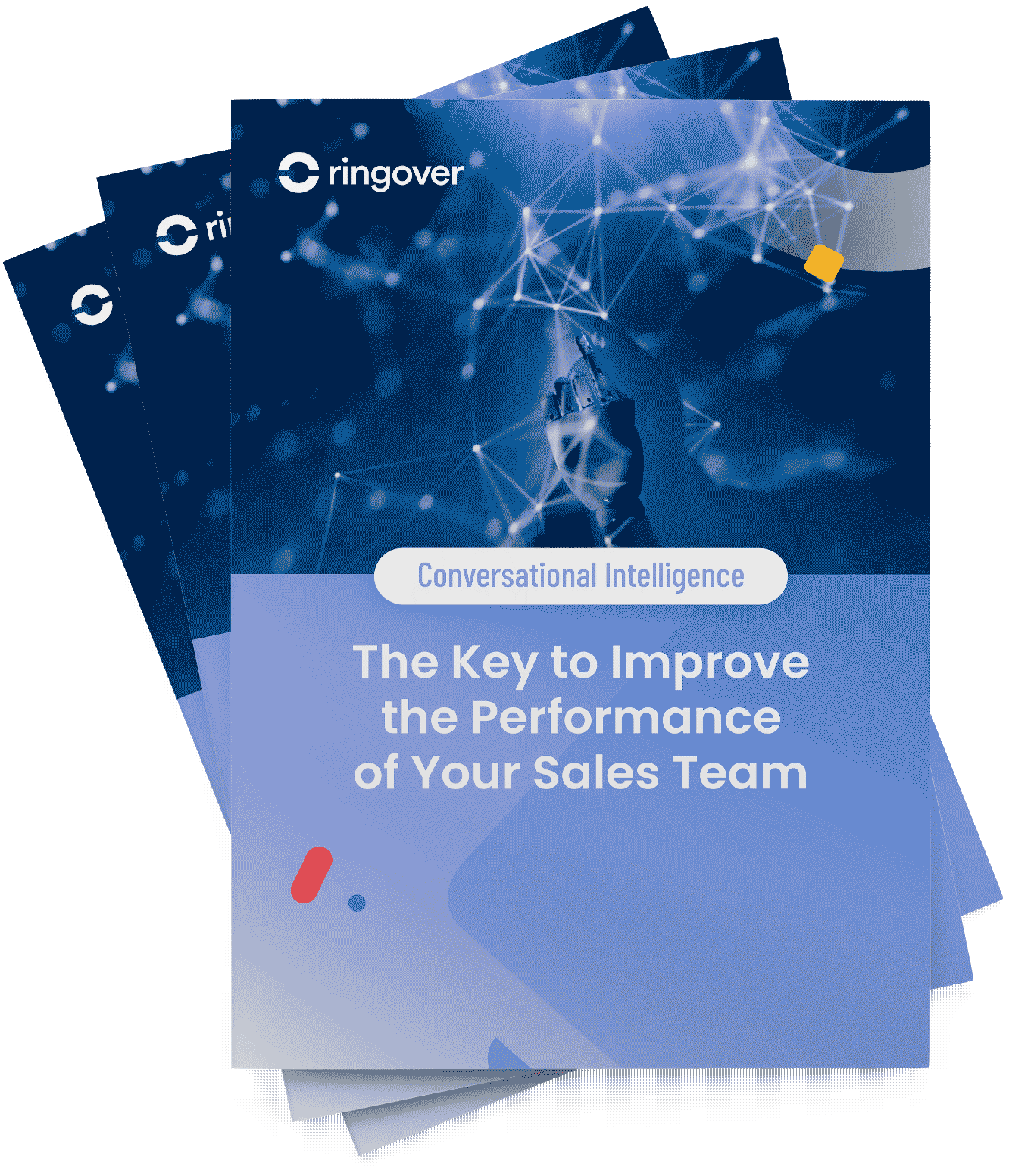Summary
What are the key statistics that illustrate the evolution, size, distribution, and potential of the AI market? What challenges and future trends are shaping the AI landscape?
Let's delve into essential statistics highlighting AI's expansion, scope, distribution, and future potential.
Explore a data-driven analysis based on the most recent and reliable information to answer these questions. We'll also highlight the key players in the AI domain, as well as the most promising generative AI applications and models.
Key AI Market Statistics (2025)
The field of artificial intelligence is experiencing impressive growth, attracting increasing investments and innovations, while also generating high demand. While estimates can vary depending on the source, they all converge on one point: AI holds immense potential to boost the global economy.
To better understand the scope and outlook of the market, let's examine some key data:
- By 2030, the global AI market is expected to reach a value of $740 billion, marking an average annual growth rate of 17.3% from 2023. (Statista)
- The US is projected to spend $336 billion on AI in 2028, with GenAI investment estimated to reach $108 billion. (IDC)
- The global generative AI market is expected to reach $109.37 billion by 2030, with a CAGR of 36.5% from 2024 to 2030. (Research and Markets)
- In 2022, China led the global AI patent rankings, holding 61.1% of patents, far ahead of the U.S. with 20.9%. (Stanford University)
- In 2023, the industry produced 51 machine learning models compared to just 15 from academia, with industry-academic collaborations resulting in 21 models, setting a new record. (Stanford University)
- 4 out of 10 executives believe that AI is prohibitively expensive. (Harvard Business Review)
- A PwC study suggests that AI could contribute up to $15.7 trillion to the global economy by 2030.
What is the AI Market and Its Current Landscape?
The AI market is vast and dynamic, characterized by a diverse array of players offering a wide range of solutions tailored to the specific needs of businesses and consumers. This ecosystem primarily includes three categories of players:
1. Cloud Platform Providers
These companies offer AI services via the internet, eliminating the need for users to invest in costly infrastructure. They provide resources like computing power, data storage, and access to advanced AI algorithms. Leaders in this space include Amazon Web Services, Microsoft Azure, Google Cloud Platform, and IBM Cloud.
2. AI Software Providers
These firms specialize in developing AI-based applications designed to address specific problems across various sectors. These software solutions can either integrate with existing systems or function as standalone products. Major players in this category include Salesforce, SAP, Oracle, and Adobe.
3. AI Hardware Providers
These companies are responsible for designing and manufacturing components optimized for AI, such as processors, graphics cards, sensors, and robots. This hardware is crucial for enhancing the performance and reliability of AI systems. Nvidia, Intel, Qualcomm, and Samsung are leading examples in this segment.
These players are not only competing but also collaborating to deliver increasingly effective, innovative, and user-adapted AI solutions. They face common challenges such as regulatory, ethical, security, and user training issues. The following section explores these challenges and approaches to overcoming them.
What Are the Challenges in the AI Market?
While artificial intelligence offers a vast array of benefits, it also presents significant challenges that must be addressed to ensure its responsible and sustainable development. These challenges encompass technical, economic, social, ethical, and regulatory dimensions.
In 2025, the AI market is confronted with the following challenges:
Data Quality
Data is fundamental to AI, and it must be reliable, relevant, diverse, and protected. Challenges around data collection, processing, storage, and sharing include issues of quality, bias, privacy, and data sovereignty. Ensuring high-quality data for AI and respecting the rights and norms related to data users and producers is crucial.
Competition
The AI market is highly competitive, dominated by giants, primarily the U.S. and China, which have the financial, technological, and human resources to drive constant innovation. The U.S. alone has spent a staggering $328.548 billion on AI over the past five years.
To improve the competitiveness of other players, particularly in Europe, it is essential to stimulate investment, research, training, and cooperation in the AI sector.
Transparency
AI is often perceived as a "black box" with opaque mechanisms and results. Promoting transparency is essential to build trust, ensure accountability, and foster user and stakeholder acceptance of AI. Developing methods and tools to make AI more transparent, explicit, and verifiable is a necessity.
Ethics
AI raises significant ethical questions concerning the values, principles, and fundamental rights of individuals and society. The impact of AI on aspects such as privacy, dignity, freedom, equality, justice, security, and democracy requires special attention. It is imperative to define and apply ethical frameworks to guide the use and development of AI, respecting human rights and universal values.
Regulation
Adapted, proportionate, and harmonized regulation is required to govern AI. This regulation must protect the interests and rights of users and stakeholders while encouraging innovation and competitiveness.
The development and application of appropriate standards, laws, and controls are essential to properly regulate the AI market, considering the unique challenges of each sector and application.
These challenges, due to their complexity and interdependence, require a holistic, multidisciplinary, and inclusive approach. They also present opportunities to use AI as a driver of progress and growth for all.
AI Trends to Watch
In the coming years, expect next-generation trends in AI that will significantly impact the market, applications, and users.
Here are the six major AI trends in 2025:
1. Rapid AI Advancement
AI will experience accelerated growth, supported by advancements in algorithms, data, and infrastructure. Expect the emergence of increasingly powerful AI models, such as GPT-5 or Gemini, with revolutionary content creation capabilities.
2. Specialization and Diversification
To meet the specific needs of various fields, AI will diversify and specialize. AI models designed for specific applications, such as image recognition, anomaly detection, or conversational agents, will multiply and improve.
3. Increased Personalization of GPT Models
GPT models will offer unprecedented personalization possibilities, allowing users to tailor them according to their specific preferences and needs through parameters, data sets, and personalized feedback.
4. Emergence of Multi-Agent AI
AI will develop the ability to cooperate and compete, either among artificial agents or with humans. Multi-agent systems will emerge, capable of interacting in varied sectors such as gaming, logistics, or finance.
5. Impact of AI on Sustainability
The influence of AI on sustainability is fundamental. It will significantly contribute to promoting sustainable practices through the search for environmentally friendly solutions, optimizing resource use, conserving biodiversity, improving public health, and more.
6. Ethics and AI Regulation
AI will be subject to strict ethical and regulatory standards, aimed at protecting the rights and interests of users and stakeholders. Principles of transparency, accountability, security, fairness, and privacy will be central concerns. The upcoming AI Act is an example of this trend.
Incorporating an AI tool like Empower by Ringover can not only improve your teams’ efficiency, but also provide valuable insights into how to optimize employee performance and better serve clients.
AI Market Projections in the U.S.
Beyond the broader trends we've discussed, what specific factors will shape the trajectory of AI in the U.S. in the coming years?
Currently, while the U.S. remains one of the global leaders in AI, the landscape is becoming increasingly competitive. The country benefits from a rich and diverse ecosystem of researchers, entrepreneurs, industry leaders, investors, and public sector support—all committed to advancing AI.
The sector enjoys robust government backing, reflected in a national AI strategy with significant funding. For example, initiatives like the U.S. AI Initiative are key, focusing on ensuring that the U.S. remains at the forefront of AI development through research, education, and collaboration between the private and public sectors.
Additionally, programs similar to the French "AI Booster," which supports small and medium-sized enterprises (SMEs) in leveraging AI, are emerging in the U.S., providing opportunities for companies to integrate AI technologies into their operations. Businesses interested in these programs can find more information through agencies like the Small Business Administration (SBA) or dedicated AI innovation hubs.
Key Takeaways
Artificial intelligence is experiencing rapid growth and is a critical driver of digital transformation, innovation, and economic growth for businesses and industries. The global AI market is projected to reach a valuation of $740 billion by 2030.
While the AI landscape is dynamic and full of promise, it also faces significant challenges, including data quality, competitiveness, transparency, ethical concerns, and regulation.
At the same time, companies like Ringover are playing a role in democratizing AI within businesses by integrating innovative AI features into their products, such as our Empower solution, which you can try today.
AI Market FAQ
Who is investing the most in AI?
Leading tech companies such as Google, Microsoft, Amazon, and Facebook are among the biggest investors in AI. Additionally, countries like the United States and China are pouring substantial public and private funds into AI development. Over the past five years, the U.S. is reported to have spent nearly $330 billion on AI. These tech giants not only invest in research and development but also acquire AI-focused startups to enhance their capabilities and maintain a competitive edge.
Which sector uses AI the most?
The Information and Communication Technology (ICT) sector is currently the largest user of AI. Companies in this sector leverage AI to improve products and services, automate processes, and analyze massive data volumes. AI also plays a crucial role in healthcare for diagnostics and personalized treatments, in finance for risk management and fraud detection, and in manufacturing for optimizing production lines.
Which country is the most advanced in AI?
China and the United States are widely regarded as the most advanced countries in AI. China has made AI a national priority, with massive investments and government initiatives aiming to become the global leader in AI by 2030. The U.S., with its major tech companies and vibrant startup ecosystem, also continues to be at the forefront of AI innovation. These two countries currently dominate global AI development and applications.
Published on August 20, 2024.



